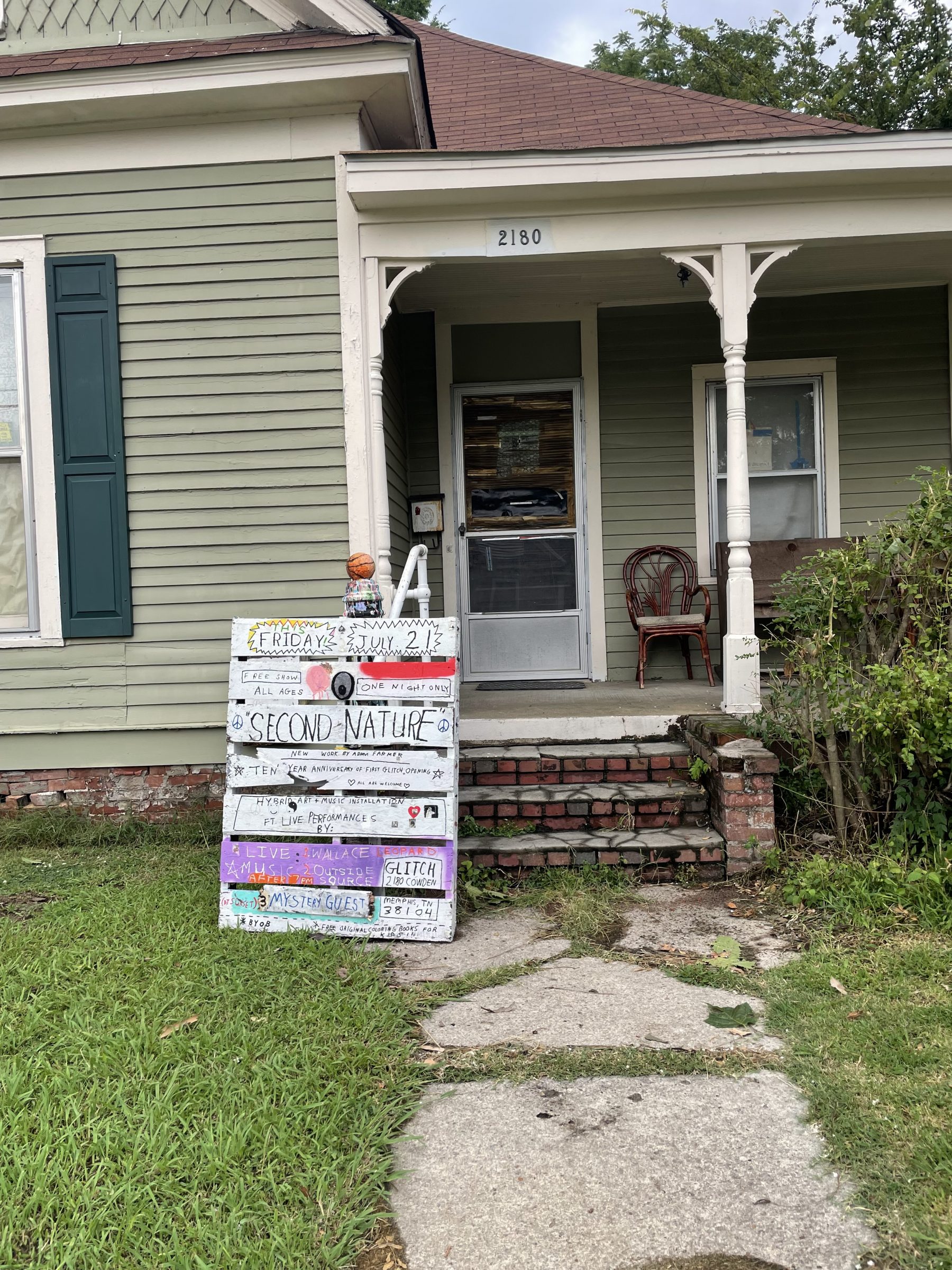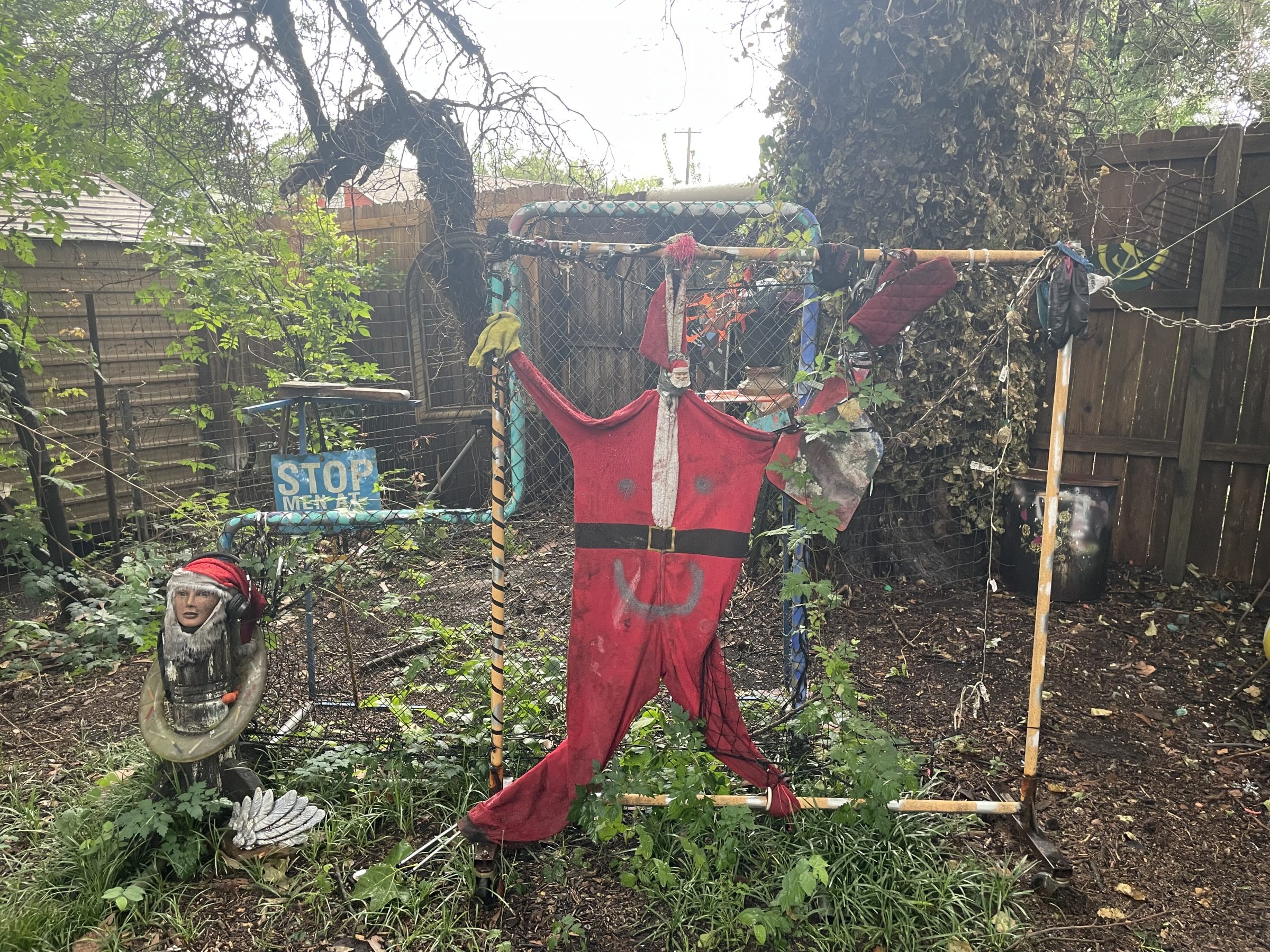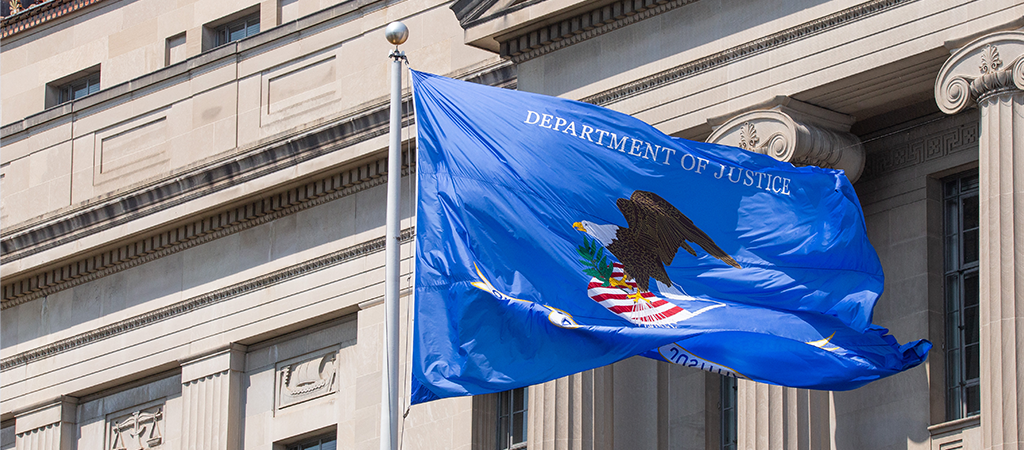Tennessee residents who have felony convictions and want to vote must comply with two state laws rather than one or the other, according to guidance from the state coordinator of elections.
Beginning last Friday, they now must obtain a pardon or have all citizenship rights restored, and show they have paid all restitution and court costs from their conviction, and are current on child support payments.
The guidance from Coordinator Mark Goins, an official in the Tennessee Secretary of State’s office, applies to people convicted in Tennessee, another state or in federal court. The policy builds upon a June 29th ruling by the Tennessee Supreme Court on the voting rights of a Ernest Falls, who currently lives in Tennessee and was convicted then granted clemency in Virginia.
The Campaign Legal Center, among the legal organizations representing Falls, said the guidance issued by Goins “effectively closes the door to voting rights restoration for over 470,000 Tennesseans.”
Tennessee Supreme Court rules in felony voting rights case
Even before the guidance and the state Supreme Court ruling, few people with felonies have regained their right to vote in Tennessee.
By one estimate, fewer than 5 percent of those completing felony sentences ever succeed in restoring their voting rights here, according to a 2022 report by the Collateral Consequences Resource Center that was cited in an April 2023 League of Women Voters of Tennessee survey on restoration of voting rights.
“The League of Women Voters is extremely disappointed” in the communication from the Tennessee Secretary of State’s elections coordinator, the League’s Tennessee president, Debby Gould, said Monday. It does a “real disservice to thousands of Tennesseans who want to (take an active part in society) and be able to cast their vote with others in elections.”
Gould called Tennessee’s procedure for restoring voting rights after a felony conviction “labyrinthine. So many people despite their best efforts are never going to be able to meet it.”
At issue in voting right restoration are two state statutes, one passed in 1981 and the other in 2006. Both relate to the impact of felony convictions on the right to vote and how someone convicted of a felony can regain that right.
The Tennessee Supreme Court’s decision flies in the face of more than 40 years of existing law and of common sense. Elections officials can’t just wake up one day and decide to unilaterally change the law to disenfranchise eligible voters, and it is deeply disappointing that the State Supreme Court went along with it.
– Blair Bowie, Director of Campaign Legal Center’s Restore Your Vote program
The 1981 statute says that conviction in an infamous crime – a felony – in Tennessee disenfranchises the person who committed the crime unless he or she has been pardoned by the governor or had full rights of citizenship restored. It contains similar provisions for people convicted in federal court or in another state of crimes that would disqualify them from voting in Tennessee.
The 2006 statute sets up an administrative process for having voting rights restored. Some felons can never get voting rights restored; for example, those convicted of voting fraud or treason can never vote in Tennessee again.
A person complying with all the requirements of the 2006 law, which includes payment of all court costs, court-ordered restitution and being up to date in child support payments, is issued a certificate of voting rights restoration.
U.S. Rep. Steve Cohen, a Memphis Democrat who served in the Tennessee Senate in 2006, sponsored the bill that created the Certificate of Restoration process. In a Monday phone interview, Cohen said the intention was to set up a procedure for restoring voting rights that didn’t depend on the discretion of any official or judge.
Asked whether the state legislature intended in 2006 that people convicted of felonies would have to comply with both the 2006 law and the 1981 law to regain the right to vote, Cohen replied, “Absolutely not.”
What Cohen described as the intention of state lawmakers collided with the rules judges follow in interpreting statutes in the Falls case.
A three-justice majority of the Tennessee Supreme Court said in the Falls case that judges must look to legislative intent, as shown in the ordinary meaning of words used in statutes. Judges, they concluded, must look at several laws on the same topic and try to reconcile how they work together. They must follow a general rule that a law passed later in time amends or repeals an earlier one on the same subject, but, the majority said, Tennessee courts are reluctant to repeal a law indirectly, through implication.
In the Falls case, the justices read both the 1981 and 2006 laws together and concluded that Mr. Falls had to show he paid all of the costs required by the 2006 law, in addition to having received clemency in Virginia. A fourth justice sided with Falls and a fifth newly appointed justice didn’t participate in the case.
Goins, in his July 21st memo to local election officials, said the two-part process the Supreme Court described in Falls applied in all cases of felons seeking reinstatement of voting rights, because statutory language is similar whether a person is convicted of a felony in Tennessee, in an out-of-state court, or in a federal court.
Also on July 21st, Goins sent county election officials a one-page listing of eight frequently asked questions, along with answers, and conducted statewide training for the officials, Julia Bruck, spokeswoman for the Secretary of State, said in an email Monday.
Blair Bowie, an attorney and director of the Campaign Legal Center’s Restore Your Vote initiative, said in a news release last week that Goins’ guidance “short-circuits the longstanding Certificate of Restoration process and creates a new requirement that all people with past felony convictions must also receive either a court order or gubernatorial clemency to restore their right to vote.”
“The Tennessee Supreme Court’s decision flies in the face of more than 40 years of existing law and of common sense,” she said. “Elections officials can’t just wake up one day and decide to unilaterally change the law to disenfranchise eligible voters, and it is deeply disappointing that the State Supreme Court went along with it.”
“The 2006 legislature only intended to add a new pathway for restoration, not to change the scope of who loses the right to vote in the first place,” Bowie said in an email. What she sees as confusion in the Falls case over the two statutes led to an erroneous decision. Last week’s guidance from Goins, she said, represents “a complete contradiction of the Election Division’s policy for the last 17 years.”
FALLS-Majority Opinion-Filed
Tennessee Lookout is part of States Newsroom, a network of news bureaus supported by grants and a coalition of donors as a 501c(3) public charity. Tennessee Lookout maintains editorial independence. Contact Editor Holly McCall for questions: info@tennesseelookout.com. Follow Tennessee Lookout on Facebook and Twitter.



















